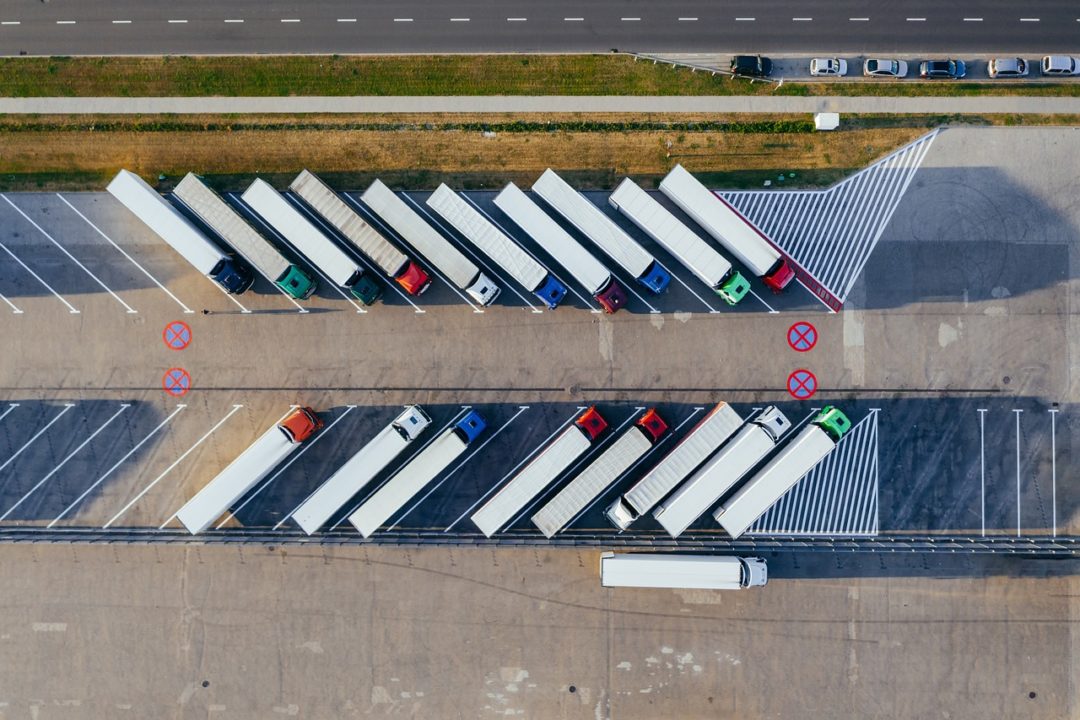Digital LTL Council promotes new standard for electronic bill of lading
With businesses set to adopt the common standard in July, effort will advance digitization of the less than truckload sector, group says

As the implementation date for a new common standard for electronic bill of lading (eBOL) data is less than a month away, supporters are urging more transportation providers to join the initiative, saying that early adopters have already gained efficiencies.
The standard is part of an effort to advance digitization of the less than truckload (LTL) freight sector in order to improve supply chain efficiency, according to the Digital LTL Council, a division of the National Motor Freight Traffic Association (NMFTA). The council established the new standard in 2022 after three years of study, and asked its member companies to adopt it by July 20, 2023.
The Digital LTL Council includes LTL transportation providers, logistics service providers, shippers, technology providers, and organizations. The council defines its purpose as facilitating collaboration, automation, standardization, and digitalization across all LTL industry participants with the hopes of elevating the industry together.
“The companies who have led the way on this are already seeing a return on the investment,” said the Digital LTL Council’s Executive Director Paul Dugent. “This confirms what we have understood all along – that the eBOL standard is essential for the LTL industry in terms of efficiency, accuracy, and overall operational excellence. That’s why we’re ready to do whatever it takes to help the rest of the industry get there by July.”
Carriers already implementing the eBOL standard include Old Dominion Freight Line, Dayton Freight Lines, Estes Express Lines, Southeastern Freight Lines, R+L Carriers, Roadrunner Transportation, and PITT OHIO. Averitt Express, Peninsula Truck Lines, and Dependable Supply Chain Services are closing in on full implementation. These carriers alone account for 15 percent of carrier revenue in LTL. And in the 3PL category, no early adopter is further along than C.H. Robinson, which has the eBOL standard in operation with most of the carriers it works with.
According to the council, by standardizing the eBOL process, the industry is eliminating inefficiencies and confusion with respect to matters such as:
• obtaining PRO numbers
• identification and communication of what is being shipped
• details such as how many pallets are involved, and which articles are on the pallets
• packaging type
• ensuring the appropriate equipment is being used to pick up the shipment
Related Articles
Copyright ©2024. All Rights ReservedDesign, CMS, Hosting & Web Development :: ePublishing